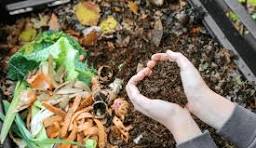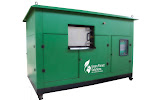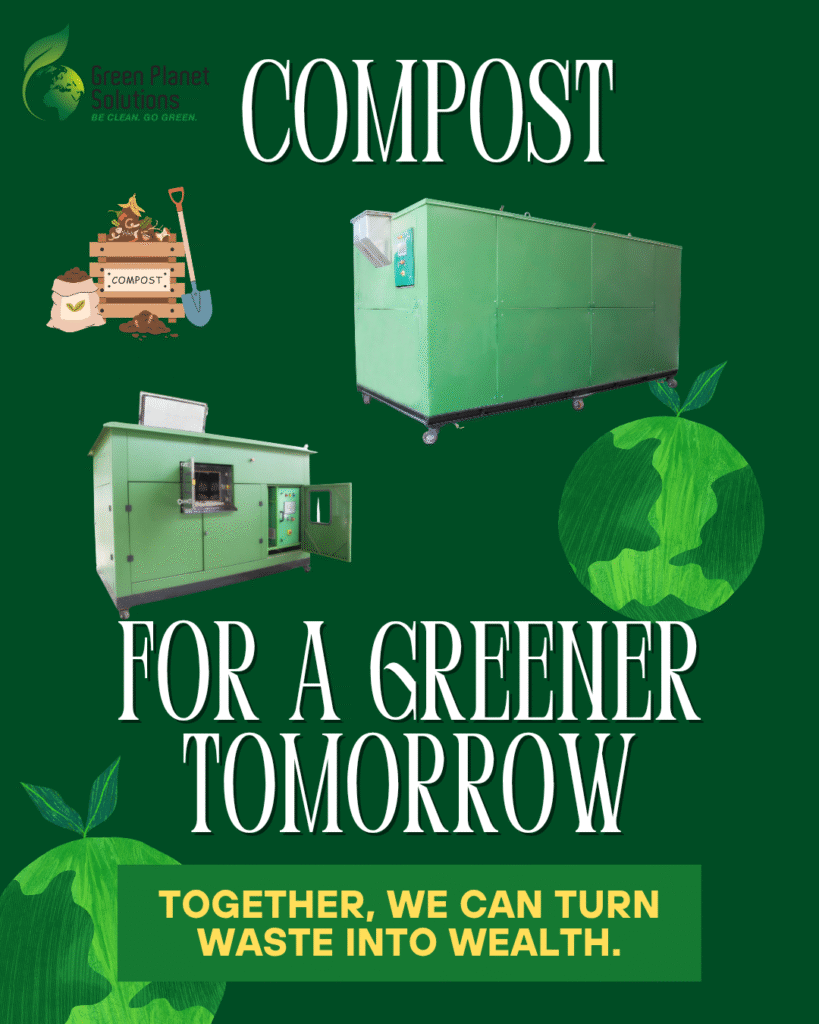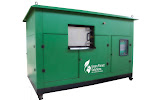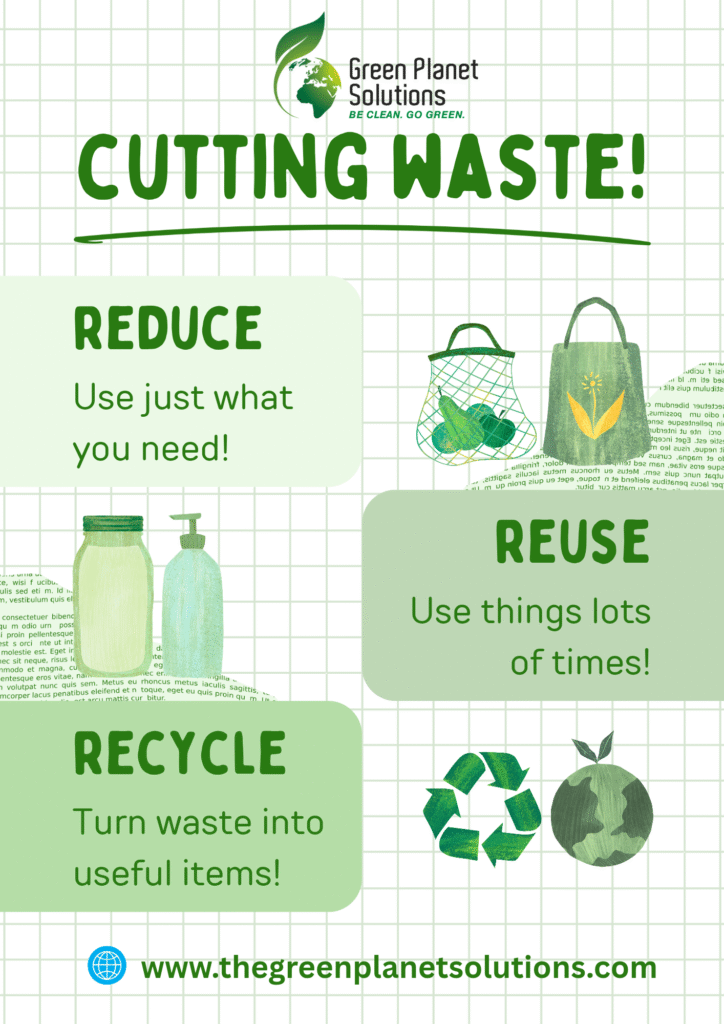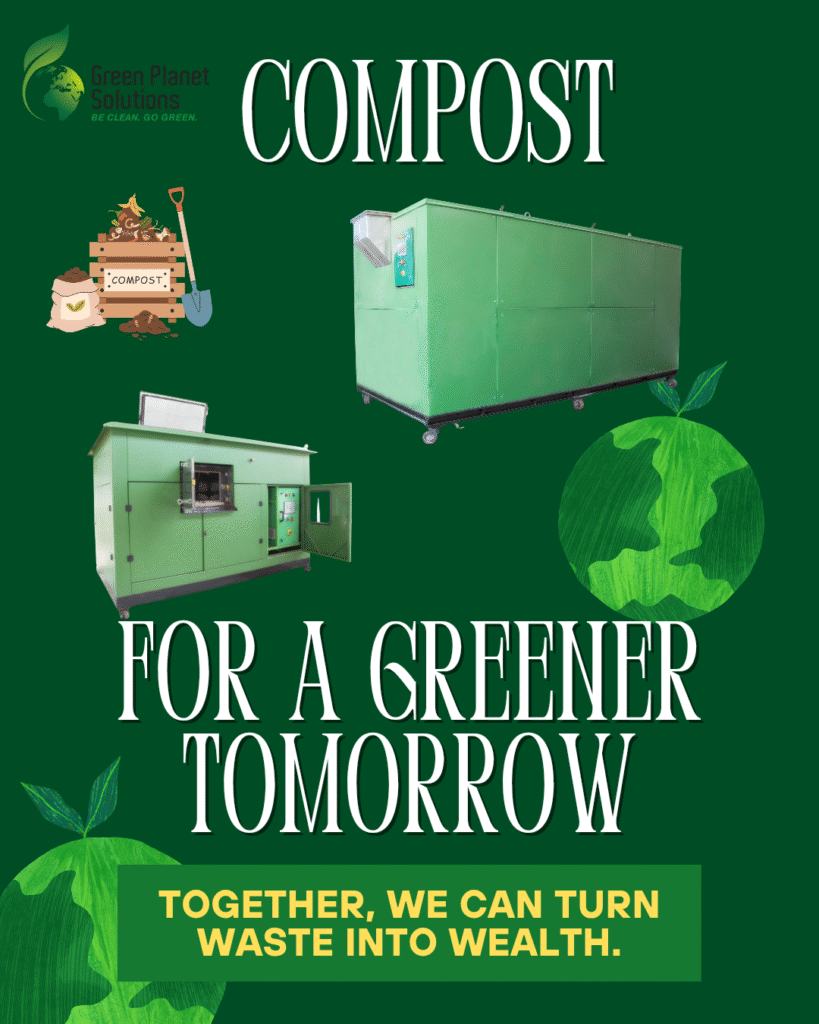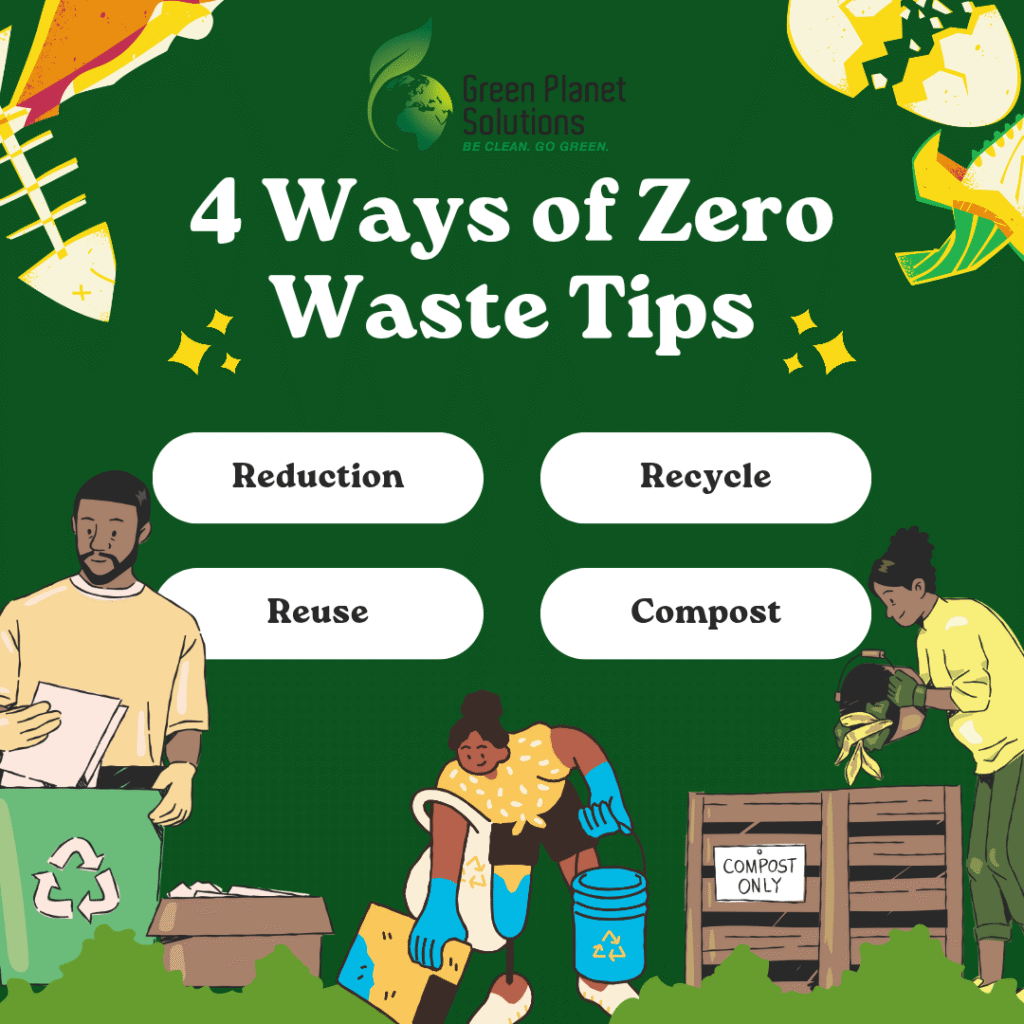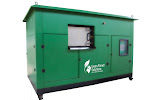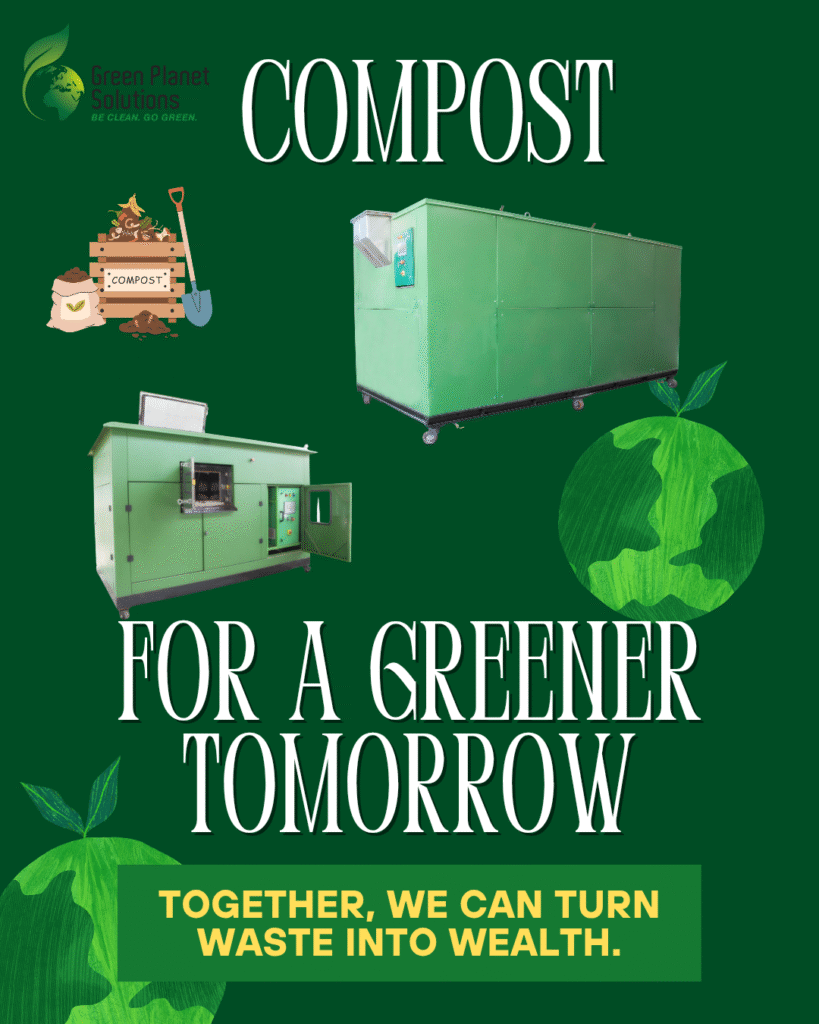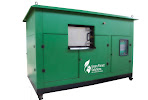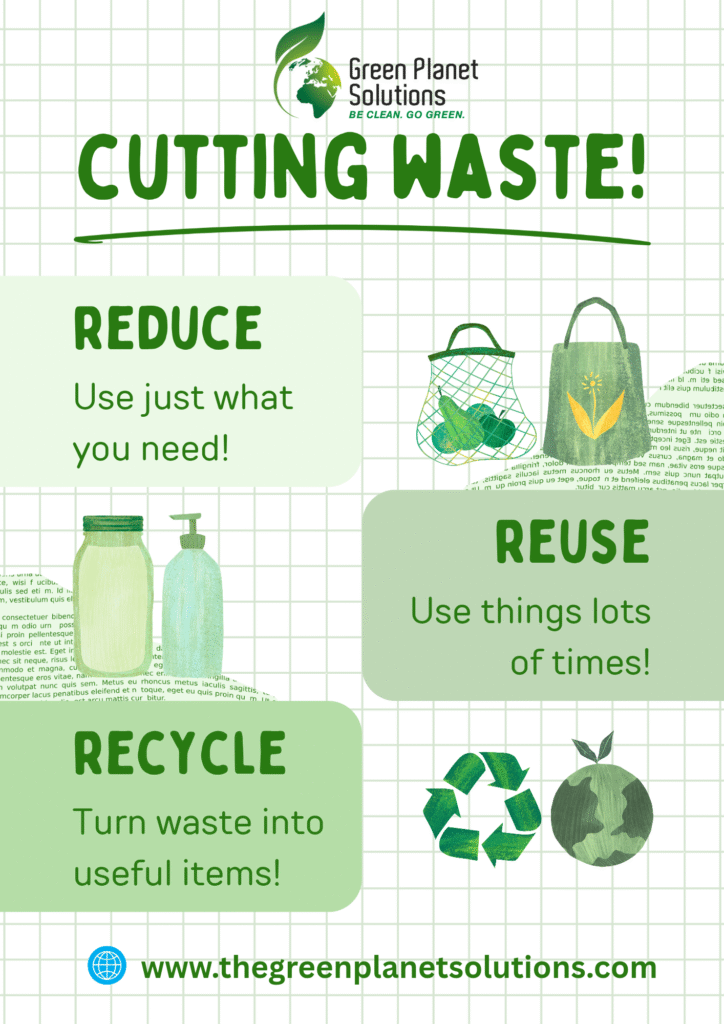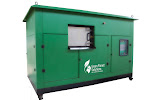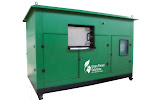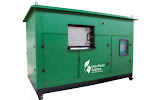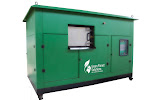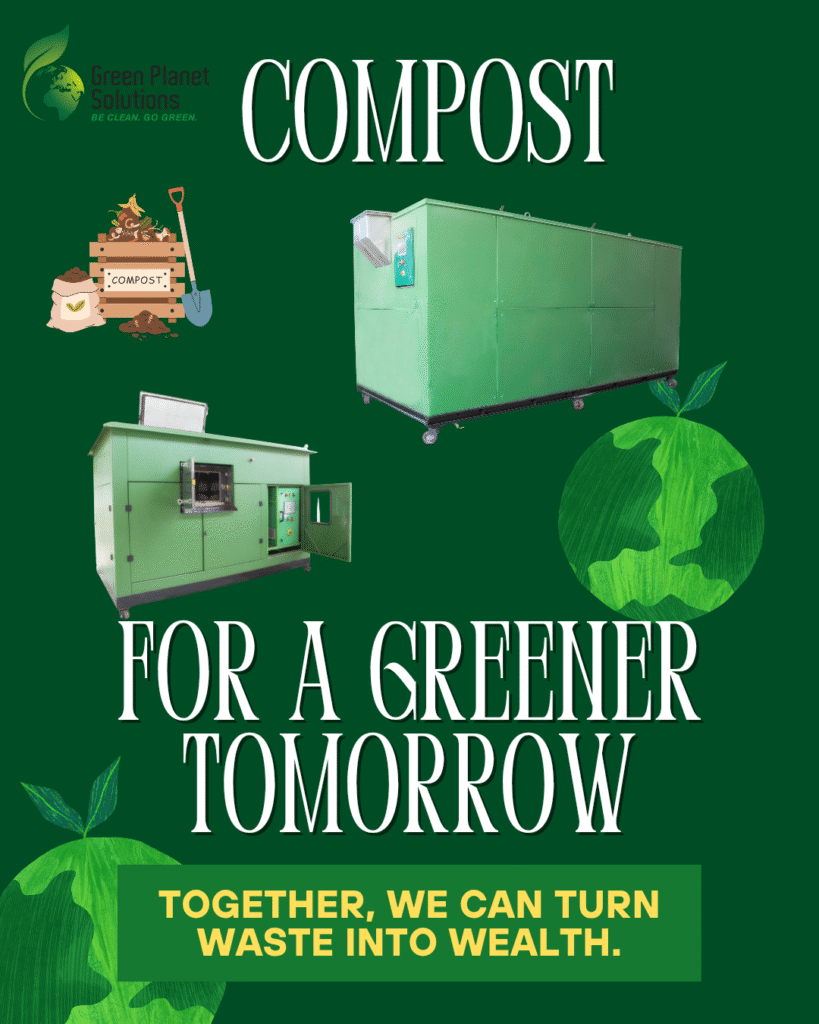ENQUIRE NOW FOR BEST COMPOSTING MACHINES IN INDIA – https://share.hsforms.com/1d12AT_oJScm8iiXbjSrEIwrh2r7
Introduction: Germany’s Strongest Push Yet for Waste Segregation
Germany has always been a global sustainability leader, setting standards for recycling and waste management across Europe. But 2025 marks a turning point — as the country enforces mandatory organic waste separation (Bioabfalltrennung) for every household, business, and public institution.
Under the new regulations, every home, restaurant, hotel, and corporate office must separate organic waste at the source and ensure proper disposal through composting or certified bio-waste systems.
This landmark policy is more than a rule — it’s a revolution in responsibility.
And with Green Planet Solutions Pune, homes and businesses can turn this mandate into an opportunity for savings, sustainability, and self-sufficiency.

🌍 The Law: What Changed in 2025
Starting January 2025, under the updated Kreislaufwirtschaftsgesetz (Circular Economy Act) and BioAbfV (Bio-Waste Ordinance), Germany made it mandatory to segregate organic waste such as:
- Food scraps 🍎
- Coffee grounds ☕
- Fruit and vegetable peels 🥕
- Garden and plant residues 🌿
Every municipality now requires Bioabfall bins or approved on-site composting systems to divert organic waste from landfills.
ENQUIRE NOW FOR BEST COMPOSTING MACHINES IN INDIA – https://share.hsforms.com/1d12AT_oJScm8iiXbjSrEIwrh2r7
Failure to comply can lead to:
- ⚠️ Fines of €200–€2,000 for households and small businesses
- ⚠️ Higher penalties for corporates, hotels, and institutions
- ⚠️ Public listing of non-compliant entities under municipal records
This is not just about rules — it’s about building a greener, circular Germany.
💡 Why Germany Made Organic Waste Separation Mandatory
The logic is clear — organic waste in landfills is a climate threat.
When food and plant matter decompose without oxygen, they release methane, a greenhouse gas 84 times more potent than CO₂.
By enforcing separation and composting:
- 🌱 Greenhouse gases are drastically reduced
- 🌾 Organic waste becomes valuable compost for agriculture and landscaping
- ♻️ Recycling rates increase, pushing Germany closer to its Zero Waste 2030 goal
Germany’s waste policy is now about prevention, transformation, and regeneration — and composting is its engine.
ENQUIRE NOW FOR BEST COMPOSTING MACHINES IN INDIA – https://share.hsforms.com/1d12AT_oJScm8iiXbjSrEIwrh2r7
🏠 What This Means for Homes
For households, mandatory organic waste separation means every family must:
- Use a Bioabfall (organic waste) bin or
- Install an on-site composting solution
But here’s the upside — composting at home reduces waste bills, supports garden health, and contributes directly to Germany’s carbon neutrality targets.
With Green Planet Solutions Pune’s Home Composting Machines, families can:
- 💚 Compost kitchen waste daily, odor-free
- ⚙️ Get nutrient-rich compost for gardens
- 🌿 Avoid municipal fines
- 🔋 Save money on waste collection fees
It’s easy, efficient, and eco-friendly — turning a legal requirement into a sustainable lifestyle upgrade.
🏢 What This Means for Businesses
For restaurants, hotels, offices, and commercial kitchens, this law introduces new responsibilities — and new opportunities.
Businesses must now segregate and process their organic waste internally or through certified facilities. Non-compliance risks financial penalties and ESG rating downgrades.
But smart businesses are staying ahead with on-site composting systems that:
- ⚙️ Process food waste within 24 hours
- 🌿 Convert waste into usable compost or biomass
- 🚫 Eliminate odor, pests, and transportation costs
- 🧾 Generate sustainability reports for ESG audits
Green Planet Solutions Pune offers custom composting solutions for:
- Hotels & Resorts 🌺
Sustainable waste management for kitchens and landscaping - Restaurants & Cafés 🍽️
Compact composters with zero smell - Corporates & Institutions 🏢
Smart IoT-enabled systems with performance tracking - Municipalities & Residential Societies 🏘️
Large-capacity automatic composters for community use
With our machines, businesses not only comply with the law but also save up to 60% on waste management costs.
🌱 Turning Regulation Into Opportunity
Instead of viewing mandatory segregation as a burden, forward-thinking Germans see it as a path to a cleaner, more cost-effective future.
Composting enables:
- ✅ Compliance with BioAbfall standards
- 💰 Reduction in disposal costs
- 🌍 Contribution to national carbon goals
- 🏆 Enhanced brand image and sustainability rating
It’s the future of responsible living and business operations — and it starts with separating waste at the source.
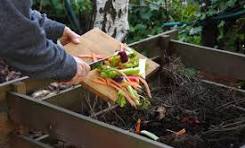
⚙️ Why Choose Green Planet Solutions Pune
At Green Planet Solutions Pune, we design world-class composting machines that combine Indian innovation with global environmental standards — now empowering Germany’s transition to circular living.
Our composting systems are:
- 🌿 BioAbfall-compliant
- 🧠 AI + IoT integrated for performance monitoring
- 🚫 Odor-free & pest-resistant
- ⚡ Low energy, high efficiency
- 💼 Suitable for homes, hotels, and corporates
With over 300+ successful installations across India, UAE, and Qatar, we are now helping German homes and businesses meet 2025’s green mandates with precision and ease.
💬 Call to Action: Be Compliant. Be Sustainable. Be Future-Ready.
2025 marks the year when sustainability becomes law, not just a lifestyle.
Don’t wait for penalties — turn compliance into leadership.
💚 Partner with Green Planet Solutions Pune to install smart composting solutions tailored for your home, hotel, or business.
📞 Contact us today for a free consultation & on-site composting demo customized to your waste output and space.
Together, let’s build a zero-waste Germany — one composting unit at a time.
Primary Keywords (High Volume for Germany):
- organic waste separation germany 2025
- bio waste segregation law germany
- composting machine germany
- bioabfall trennung 2025
- waste management compliance germany
- organic recycling solutions germany
- circular economy germany compost
Secondary/Long-tail Keywords:
- home composting system germany
- restaurant waste management germany
- zero waste regulations germany
- on-site composting system europe
Power Words:
Revolutionize, Transform, Comply, Empower, Sustainable, Efficient, Future-proof, Eco-smart, Breakthrough, Leadership
Emotional Words:
Responsible, Hopeful, Inspiring, Green, Conscious, Empowering, Regenerative
Uncommon Words:
Bioabfalltrennung, regenerative loop, eco-compliance, zero-waste readiness, circular responsibility
Common Words:
Waste, composting, law, business, Germany, organic, sustainable, 2025, machine
#CompostingGermany #ZeroWaste2030 #GreenPlanetSolutions #BioAbfall2025 #OrganicWasteSeparation #SustainabilityGermany #CircularEconomyGermany #SmartComposting #EcoFriendlyGermany #GreenFuture #WasteToCompost #ClimateActionGermany #SustainableLivingEurope #ZeroWasteHomes #WasteManagementGermany

– https://www.thegreenplanetsolutions.com/
 – +917722073961
– +917722073961
Instagram – https://www.instagram.com/greenplanetolutions2013?igsh=MTQ5MWxpeng5dmtvaA==
Facebook – https://www.facebook.com/share/19Eim5u2Ep/
Linkdein – https://www.linkedin.com/company/green-planet-solutions/
Threads – https://www.threads.net/@greenplanetolutions2013
YouTube – https://youtube.com/@greenplanetsolutions2013?si=0gkKEahaaB5z6csm

